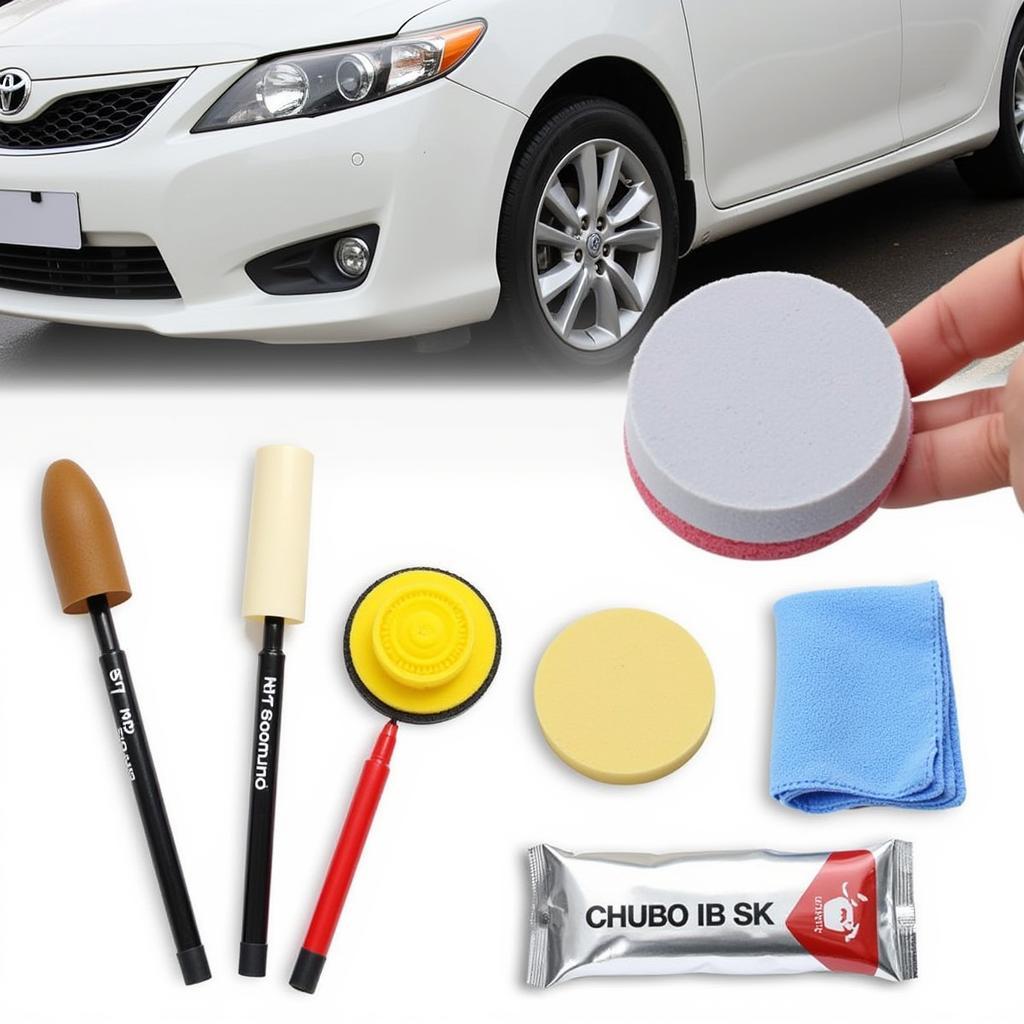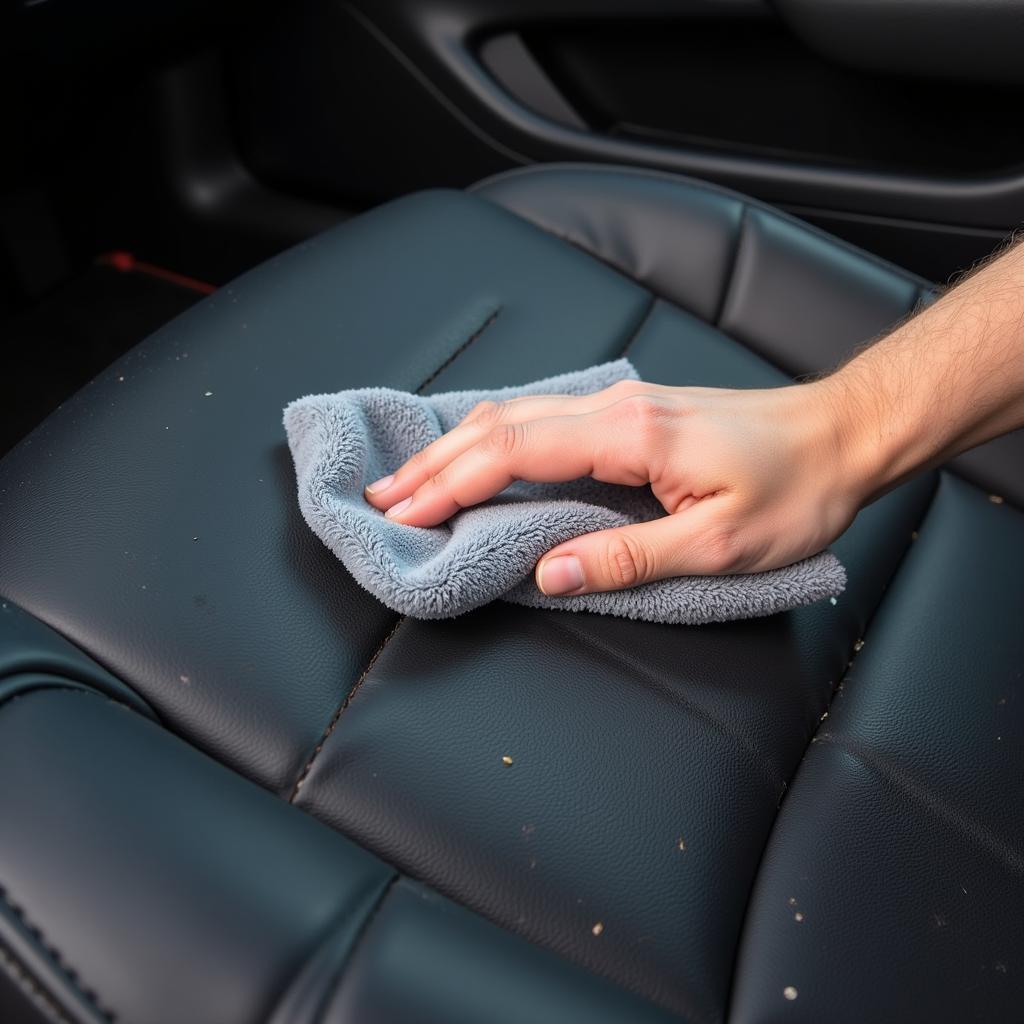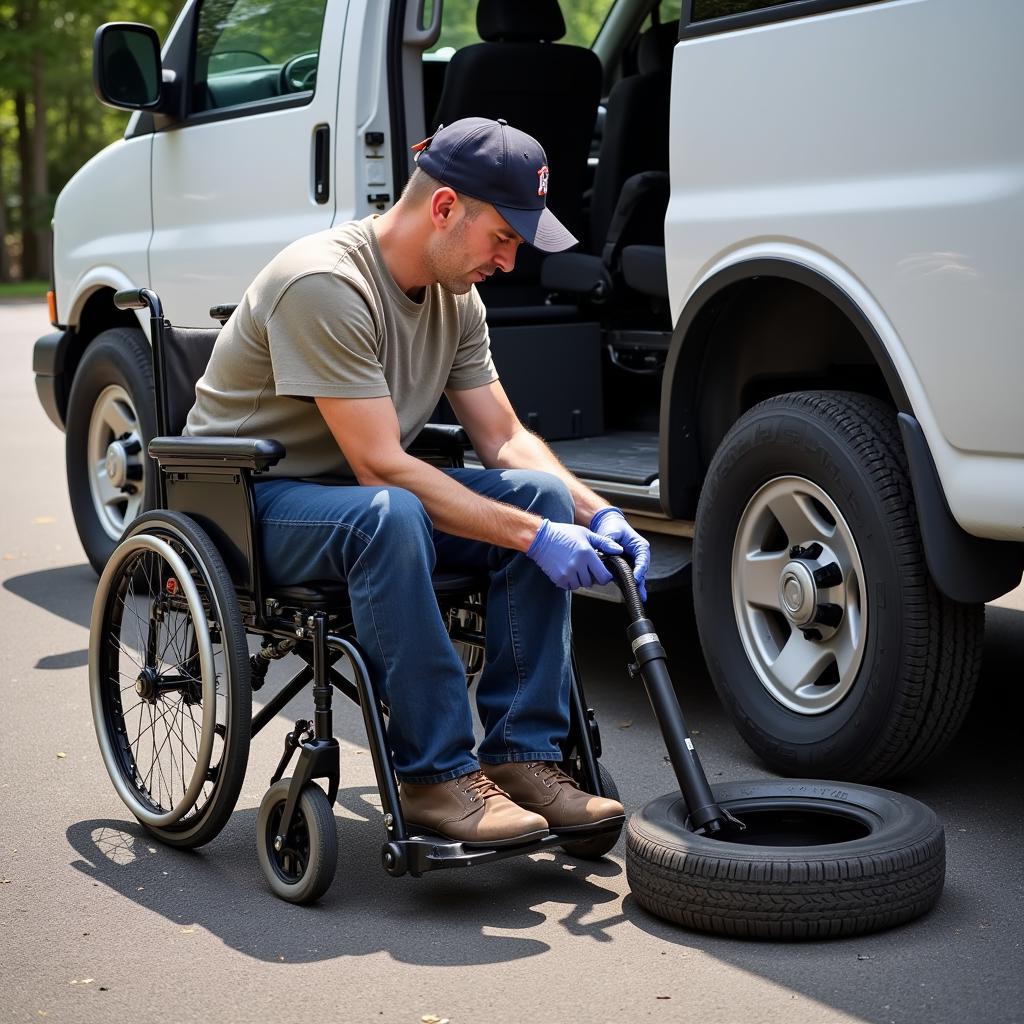Have you ever felt frustrated trying to get a repair shop to acknowledge and fix a problem with your car? It can be infuriating when you know something is wrong, but the mechanic tells you it’s just your imagination. When dealing with car problems, demanding proof is essential to ensure you get the proper repairs and avoid unnecessary costs. This article will guide you through the process of gathering evidence and communicating effectively with mechanics to get the repairs you need.
Understanding the Importance of Proof
Think about it this way: If you were presenting a legal case, you wouldn’t just say “I think the other driver ran a red light.” You’d need evidence like witness statements, video footage, or photos. The same principle applies to your car. Providing concrete evidence of a problem helps you get the repairs you deserve and avoids unnecessary arguments with the mechanic.
Common Car Problems That Require Proof
Many car problems can be subjective, leading to disagreements between owners and mechanics. Here are some common issues where demanding proof is crucial:
Engine Problems
- Rough Idling: Is your engine shaking or sputtering when it’s idling? This could be a sign of misfires, faulty sensors, or other issues.
- Loss of Power: Does your car feel sluggish or slow to accelerate? This could indicate a problem with the fuel system, air intake, or other components.
- Strange Noises: Hearing odd noises from your engine, like knocking, rattling, or grinding, can be a sign of something serious.
Transmission Problems
- Slipping Gears: Does your transmission feel like it’s slipping or not engaging properly?
- Rough Shifting: Are the gears shifting abruptly or with a jerk?
- Delayed Engagement: Does your transmission take a while to engage when shifting into drive or reverse?
Braking Problems
- Spongy Brakes: Do your brakes feel soft or spongy when you apply them?
- Pulling to One Side: Does your car pull to one side when braking?
- Squeaking or Grinding: Are you hearing noises when you apply your brakes?
Electrical Problems
- Intermittent Electrical Malfunctions: Do lights flicker, electronics stop working, or warning lights come on randomly?
- Dead Battery: Is your battery constantly dying?
- Problems With Starting: Does your car have trouble starting, or does the engine turn over slowly?
Gathering Proof of Car Problems
Here are some effective ways to gather evidence of car problems:
1. Record the Problem:
- Video Recording: Capture the problem on video, focusing on the specific symptoms you’re experiencing.
- Audio Recording: Use your smartphone to record the sounds coming from your car, like a grinding noise or a rattling sound.
- Take Photos: Take photos of any visible signs of damage or wear, like fluid leaks or cracked components.
Example: If you notice a rattling noise from your engine, you can record the sound while driving, and then show the mechanic the video.
2. Track the Problem:
- Keep a Log: Write down the date, time, and specific details of each incident, such as the conditions (e.g., cold start, after driving for 20 minutes), and the symptoms you’re experiencing.
- Use a Diagnostic Tool: A code reader can help identify trouble codes stored in your car’s computer. This can provide valuable insight into the potential cause of the issue.
Expert Insight: *”Keeping a detailed log of car problems is invaluable. It helps you identify patterns and communicate the issue effectively to the mechanic,” says Dr. Alice Thompson, a leading automotive engineer.
3. Perform Basic Tests:
- Fluid Levels: Check the levels of engine oil, coolant, brake fluid, and power steering fluid.
- Tire Pressure: Check your tire pressure using a gauge.
- Battery Voltage: Use a multimeter to test the battery voltage.
Expert Insight: *”Performing basic tests yourself can save you time and money, especially when dealing with common issues like low tire pressure or a dead battery,” says Mr. Richard Parker, an experienced automotive technician.
4. Seek a Second Opinion:
If you’re not satisfied with the diagnosis from the first mechanic, consider getting a second opinion from a reputable shop. This can help ensure that you’re receiving accurate information and avoid unnecessary repairs.
Expert Insight: *”Don’t be afraid to get a second opinion if you have any doubts,” says Ms. Sarah Wilson, a renowned automotive repair specialist.
Communicating Effectively With Mechanics
Now that you have your evidence, it’s time to communicate effectively with the mechanic:
- Be Specific: Clearly describe the problem and provide details like when it started, how often it occurs, and under what conditions.
- Show the Evidence: Present your video recordings, photos, and log of the problem to support your claims.
- Ask for a Test Drive: If possible, request a test drive with the mechanic to demonstrate the issue directly.
Conclusion:
By demanding proof and communicating effectively, you can ensure that your car problems are properly diagnosed and repaired. This approach empowers you to take control of your automotive maintenance and avoid unnecessary costs.
Contact AutoTipPro today for assistance with your car problems!
Phone: +1 (641) 206-8880
Office: 500 N St Mary’s St, San Antonio, TX 78205, United States
FAQ
Q: What if the mechanic denies the problem?
A: If a mechanic denies a problem after you provide evidence, consider seeking a second opinion or filing a complaint with the Better Business Bureau.
Q: What if the problem is too complex to record?
A: If you’re dealing with a complex problem that’s difficult to capture on video or photos, focus on providing detailed descriptions and logs.
Q: How can I find a trustworthy mechanic?
A: Look for mechanics with good online reviews, certifications, and who offer a warranty on their repairs.
Q: What if the mechanic doesn’t have the necessary equipment to diagnose the problem?
A: Ask if they can refer you to a specialist or a shop with the right equipment.
Q: What are some common red flags to watch out for when dealing with mechanics?
A: Watch out for mechanics who are pushy, overly expensive, or who don’t seem interested in listening to your concerns.







Leave a Reply